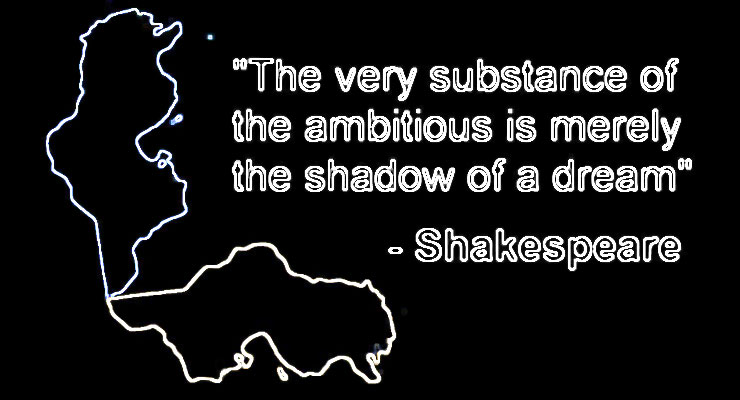
From Human Rights Watch
Tunisia’s Parliament should abandon or substantially revise a bill that would give the government sweeping powers to restrict rights during declared states of emergency, Human Rights Watch said today.
The legislation would allow the executive to prohibit any strike or demonstration deemed to threaten public order, place under house arrest anyone whose “activities are deemed to endanger security,” and suspend associations on mere suspicion of participation in harmful acts. The bill provides insufficient judicial review of measures taken under these powers.
“The untamed powers that this bill grants would roll back many of the rights Tunisians have been fighting to protect since the 2011 revolution,” said Amna Guellali, Tunisia director at Human Rights Watch. “Emergency powers should be limited in scope and duration, and subject to court review.”
Tunisia has been under a state of emergency for more than three years.
President Béji Caid Essebsi submitted the bill to parliament on November 30, 2018. Parliament’s Committee on Rights, Freedoms and External Relations began discussing it on January 18, 2019.
Caid Essebsi declared a state of emergency on November 24, 2015, after a suicide bombing in Tunis killed 12 presidential guards. He has renewed it continuously since, most recently on January 6.
His declarations have been based on a 1978 presidential decree that allows the president to declare a state of emergency of up to 30 days, renewable, in response to serious disturbances to the public order. That decree gave the executive – in practice, the Interior Ministry and regional governors, who are part of that ministry – the authority to suspend certain rights. The current bill is designed to replace the 1978 decree as the legal basis for states of emergency in Tunisia.
The explanatory memorandum attached to the bill says that it aims at “a balance between the protection of the state and national territory from internal and external threats and the need to respect human rights and freedoms in the framework of the proportionality principle required by the Constitution.”
Full article here.
Leave a Reply